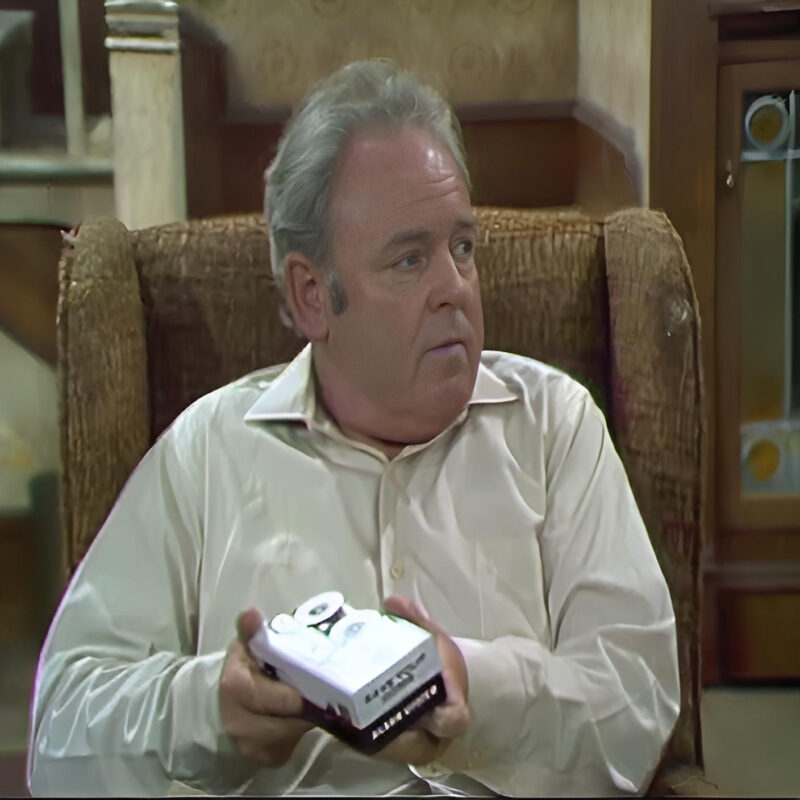
Television comedy owes much of its evolution to one man: Norman Lear. Widely credited with revolutionizing American television in the 1970s, Lear’s name has become synonymous with the sitcom genre. His unique style continues to influence modern shows like Modern Family and Black-ish.
Lear’s groundbreaking series (All in the Family, The Jeffersons, Good Times, Maude) were character-driven, set in theatrical environments, and filmed before live audiences. These shows didn’t just transform national television; they also ignited national discourse. Tackling provocative subjects like war, poverty, and prejudice, Lear reached 120 million viewers each week, proving that social change could be achieved through the unlikely medium of laughter. He created some of the most memorable moments in television history.
A New Documentary on Norman Lear
This month, American Masters (a THIRTEEN production) premieres Norman Lear: Just Another Version of You. With unprecedented access to the 94-year-old legend, his work, and his extensive personal archives, the documentary intertwines stories from his turbulent childhood and early career with his groundbreaking TV success and social activism. The film features colorful anecdotes from Lear’s family, friends, and collaborators, including John Amos, George Clooney, Alan Horn, Bill Moyers, Rob Reiner, Phil Rosenthal, and Russell Simmons, as well as candid moments with Mel Brooks, Carl Reiner, Jon Stewart, Amy Poehler, and Lena Dunham.
Filmmakers Heidi Ewing and Rachel Grady (Jesus Camp, 12th & Delaware, DETROPIA for Independent Lens) portray Lear as a psychologically rich figure whose extraordinary contributions stem from both his personal story and his self-professed childlike view of the world. The film traces how a poor Jewish kid from Connecticut began writing for The Colgate Comedy Hour with Dean Martin and Jerry Lewis, created All in the Family, and became one of TV’s most successful showrunners.
Norman Lear’s Childhood
Lear’s early life significantly influenced his work as a creator, writer, and producer. At age nine, his father went to jail for a phony bond scheme, his mother sold their furniture, and took his sister to live in a distant town, leaving Lear behind to be shuffled between relatives in Connecticut and Brooklyn.
“Understanding Lear’s early life was crucial to a more intimate reading of his work,” the filmmakers said. “Archie Bunker, for instance, is an obvious stand-in for his own small-minded and bigoted father. Divorce American Style (written by Lear) is partly an absurdist take on his parents’ failed marriage. Lear’s work is filled with direct and loose ties to the lessons he learned as a young boy, grappling with societal paradoxes and the absurdity of human nature.”
Legacy and Future
In the documentary’s closing scenes, Amy Poehler, introducing Lear at an awards ceremony, says, “Do you know how hard it is to make people laugh, to tackle big issues and get big ratings? It’s so hard that people don’t even do it anymore.”
But Lear, at 94, is still proving otherwise. He’s working on a reboot of the 1970s sitcom One Day at a Time, starring Rita Moreno, among other projects, and shows no signs of slowing down.
